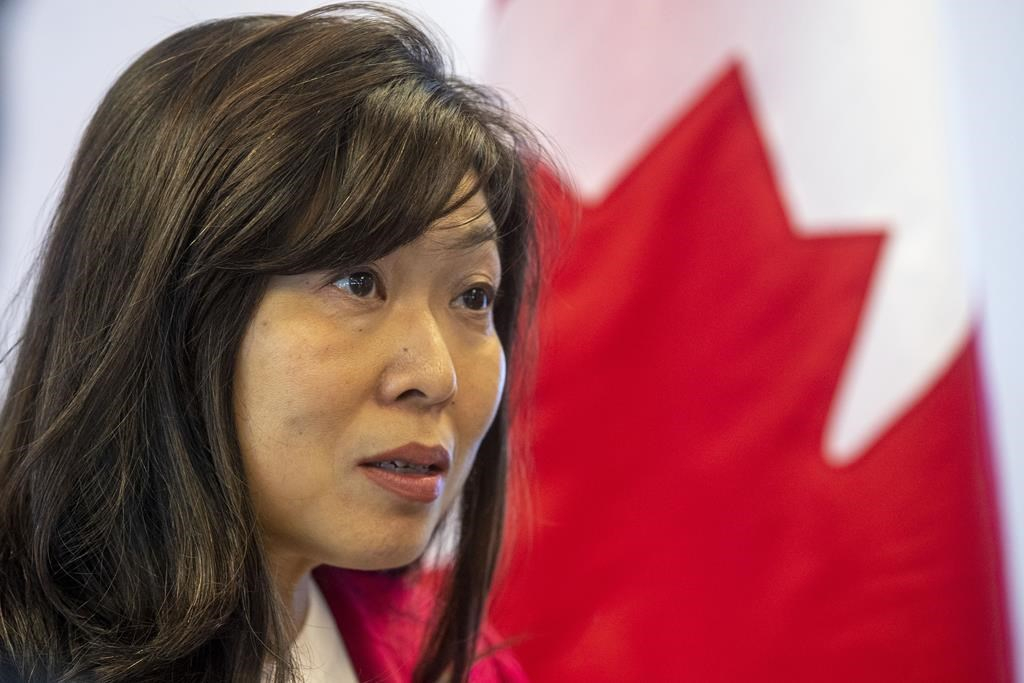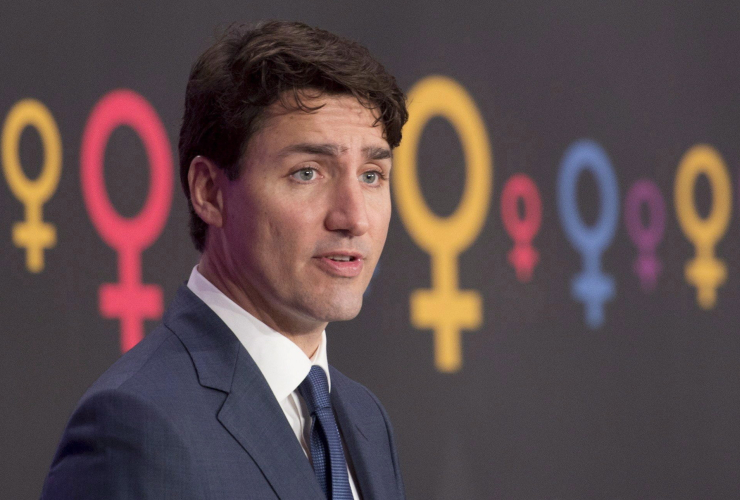Canada is urging the United States to make a good-faith effort at negotiating an end to the interminable bilateral dispute over softwood lumber.
International Trade Minister Mary Ng is making the overture after a fresh U.S. Commerce Department review maintained duties on softwood imports from Canada.
Ng says the duties, while modestly lower, remain an unfair, baseless and punitive measure that hurts the economy on both sides of the border.
She says a negotiated settlement is the only way the two countries will ever fully resolve the decades-old dispute.
Such a deal is unlikely: the U.S. has a fundamental problem with a regulatory regime in Canada that it says puts American producers at a disadvantage.
U.S. Trade Representative Katherine Tai has said the U.S. would be willing to negotiate, but only if Canada does away with its provincial stumpage fee system.
"An immediate negotiated solution to this long-standing trade issue is in the best interests of both our countries," Ng said in a statement.
"Canada is disappointed that the United States is not meaningfully engaging in discussions on a return to predictable cross-border trade in softwood lumber."
The Commerce Department established a combined "all others" duty rate of 7.99 per cent, only slightly less than the 8.59 per cent established after the last administrative review.
Ottawa, meanwhile, will keep up the fight through the dispute resolution tools in the U.S.-Mexico-Canada Agreement, the World Trade Organization and the courts in the U.S., Ng said.
"The only fair outcome would be for the United States to cease applying these baseless duties."
In Canada, lumber-producing provinces set so-called stumpage fees for timber harvested from Crown land — a system that U.S. producers, forced to pay market rates, say amounts to an unfair subsidy.
Federal officials in Ottawa have said Canada would never agree to implement such a fundamental change to the way a key Crown resource is managed before the two sides have even sat down.
This report by The Canadian Press was first published July 27, 2023.




Comments